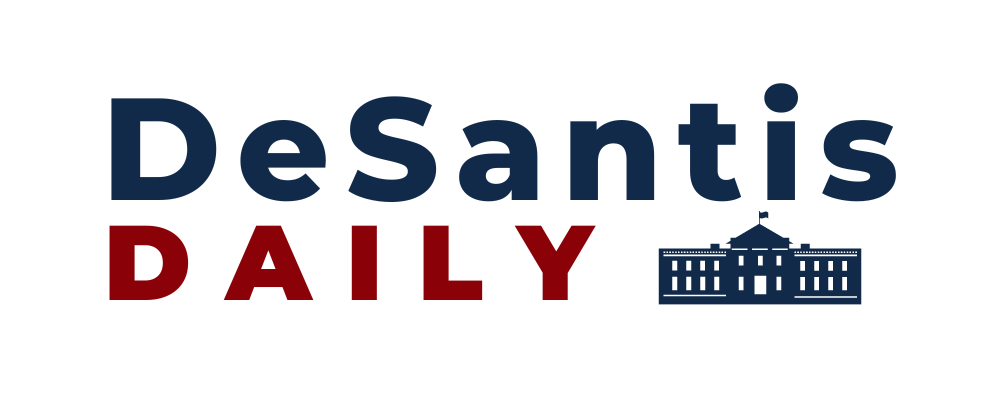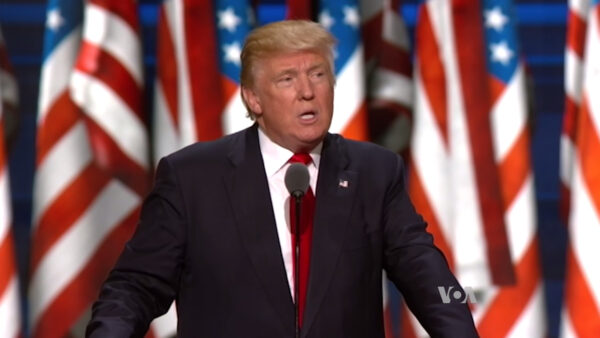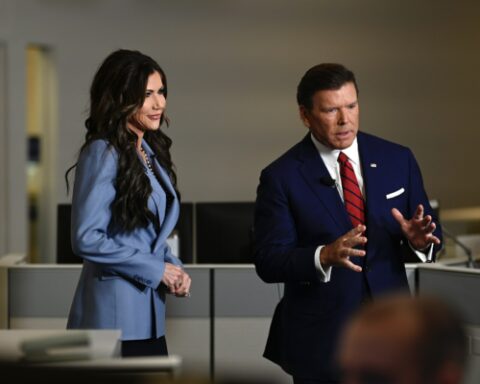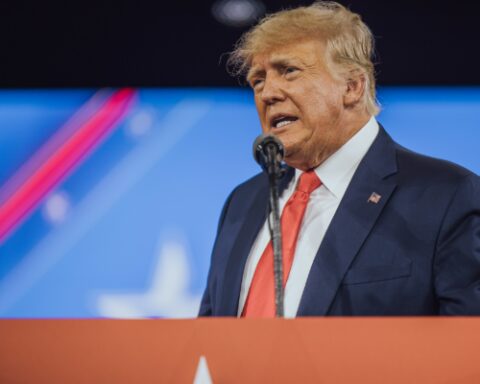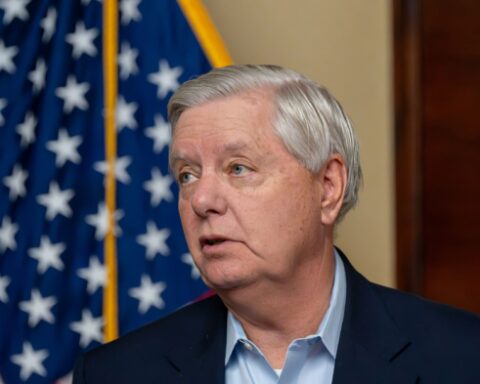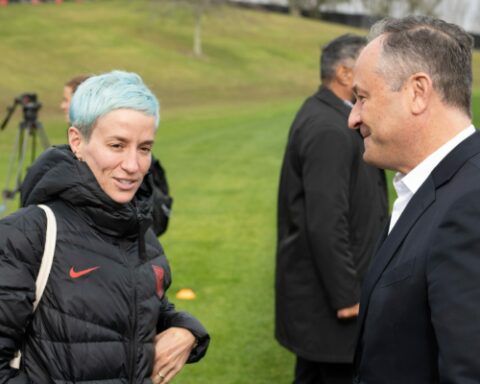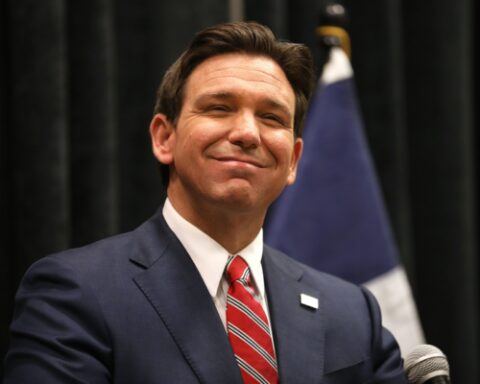President Donald J. Trump on Saturday reportedly sharpened his criticism of mainstream media, saying that broadcast networks engaging in dishonesty should risk losing their licenses.
His remarks came as the fallout continued from ABC’s indefinite suspension of late-night host Jimmy Kimmel, a move that has become a flashpoint in the debate over media bias, free speech, and accountability.
“Well, I think when a network is dishonest, certainly, they are dishonest, because they give you 97 percent bad publicity, or whatever it is, some ridiculous number, yeah, I would say that would be grounds,” Trump told reporters outside the White House before departing for an evening event.
Trump forcefully denied suggestions that his administration pressured ABC to take action against Kimmel. Instead, he framed the network’s decision as a matter of audience judgment. “I think Jimmy Kimmel’s terrible. You know what suspended him? His talent. Take a look at this guy, his ratings. That’s what got Jimmy Kimmel out. He was terrible,” the president said.
Kimmel’s suspension followed remarks he made about the suspect accused of assassinating conservative activist Charlie Kirk, comments that drew sharp criticism from viewers and regulators alike.
Federal Communications Commission Chair Brendan Carr urged broadcasters to push back against ABC, a statement widely viewed as an attempt to pressure both the network and its affiliates.
Trump and Carr have each suggested in recent days that the federal government should revisit how broadcast licenses are managed, particularly for outlets they say consistently misrepresent or distort coverage of the president.
The message underscores a frustration long voiced by Trump and his supporters: that the media acts less as a neutral arbiter of information and more as an opposition force.
The president’s comments fit into a broader argument he has made for years—that the overwhelming share of coverage he receives is negative and often misleading.
He has branded outlets that attack his policies or question his leadership as “fake news,” insisting that Americans deserve more balance from broadcasters who use the public airwaves.
Beyond the media firestorm, Trump addressed a range of other pressing matters during his exchange with reporters. He said he anticipated meeting with “about 20 foreign leaders” at the United Nations General Assembly next week, underscoring the administration’s continued emphasis on strengthening America’s global standing.
On domestic issues, Trump signaled he was willing to sit down with congressional Democrats to prevent a government shutdown set to begin October 1 without a funding agreement.
Yet he expressed little confidence that talks would be productive. “I’d love to meet with them but I don’t think it’s going to have any impact,” he said.
Earlier in the day, Senate Minority Leader Charles Schumer and House Minority Leader Hakeem Jeffries, both Democrats from New York, had requested a meeting with the president.
For Trump, the dual controversies—a media industry bristling at the notion of government scrutiny and a Congress edging toward another budget showdown—illustrate a recurring theme of his presidency.
Whether confronting broadcasters or political opponents, the president has leaned into his image as a disruptor unwilling to accept the status quo, especially when he believes the American people are being misled.
[READ MORE: Armed Man Detained Near Charlie Kirk Memorial as Security Tightens]
